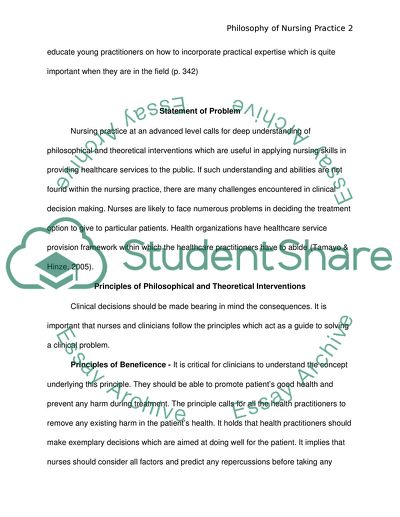Cite this document
(Philosophy of Nursing Practice Research Paper Example | Topics and Well Written Essays - 2500 words, n.d.)
Philosophy of Nursing Practice Research Paper Example | Topics and Well Written Essays - 2500 words. Retrieved from https://studentshare.org/nursing/1728816-philosophy-of-nursing-practice
Philosophy of Nursing Practice Research Paper Example | Topics and Well Written Essays - 2500 words. Retrieved from https://studentshare.org/nursing/1728816-philosophy-of-nursing-practice
(Philosophy of Nursing Practice Research Paper Example | Topics and Well Written Essays - 2500 Words)
Philosophy of Nursing Practice Research Paper Example | Topics and Well Written Essays - 2500 Words. https://studentshare.org/nursing/1728816-philosophy-of-nursing-practice.
Philosophy of Nursing Practice Research Paper Example | Topics and Well Written Essays - 2500 Words. https://studentshare.org/nursing/1728816-philosophy-of-nursing-practice.
“Philosophy of Nursing Practice Research Paper Example | Topics and Well Written Essays - 2500 Words”, n.d. https://studentshare.org/nursing/1728816-philosophy-of-nursing-practice.


